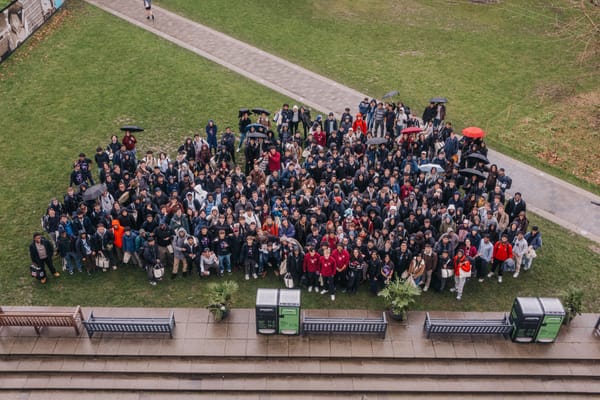Sh!t Sc!ence
Reminiscent geeks confirm: Super Mario Bros is hard

At Sh!t Sc!ence, we like to show how all science is special, a little bouncing 1-UP that your character runs towards to let it continue through the game. This version of Sh!t Sc!ence is a little different. Because this week, I’m not going to be talking about research that sounds silly, or useless. This week, I’m talking about research that, to me, sounds so cool it makes my eyes water a little bit.
To 30-year-old me, the game Super Mario Bros was the source of the happiest and saddest times a ten-year-old could ever experience. Two dimensions, 8-bit music, and a moustachioed plumber who could only do one thing: hop, meant hours and hours of game play fun. But game play in those days was hardcore. You got a set number of lives, and when you lost them, you were out. End of game. Mental Breakdown. You would always hear about that kid, the friend of a friend of a friend, who actually finished the game. The story of the kid who defeated Bowser would spread like an urban legend. But for you, it was: start all over again and die at the exact same place. Again.
That unassailable sense of defeat has haunted me throughout the rest of my life, a tiny niggling reminder that no matter how hard I tried at that game, I always failed. But now the children of the 80s have grown up and are using mathematical proof to show that we weren’t all that stupid. In a paper that will be presented at the FUN16 conference, the 8th International Conference on Fun with Algorithms, a group of mathematicians from MIT, the University of Ottawa, and Bard College at Simon’s Rock, will present their latest mathematical analysis breakthrough which proves, once and for all, that Super Mario Bros. is super super hard. They show that the problem of solving a level in Super Mario Brothers is as hard as the hardest problems in the “complexity class”, meaning that it’s even more complex than the travelling-salesman problem, or the problem of factoring large numbers, or any of the other hard problems belonging to the better-known complexity class: NP.








